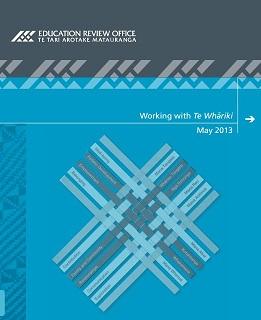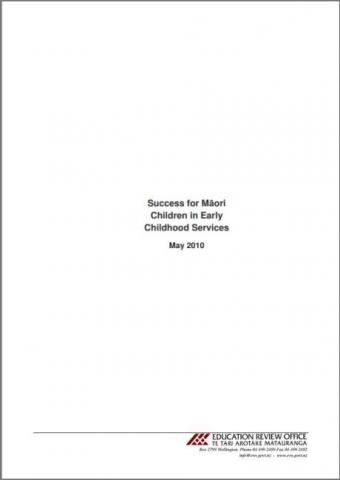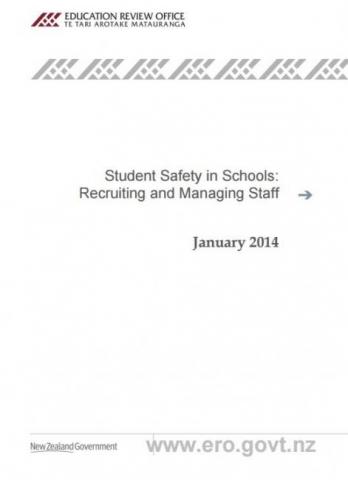Evaluation Questions for ERO Homeschooling Reviews
Published: 14 Apr 2021
This is a resource for parents of children who are homeschooled. It indicates the kinds of questions ERO reviewers may ask in a homeschooling review. You may wish to consider these in preparation for the review and use them yourself when you are thinking about how well homeschooling is going for your child.
- Audience:
- Education
- Schools
- Content type:
- Basic page
- Topics:
- Home-based education





